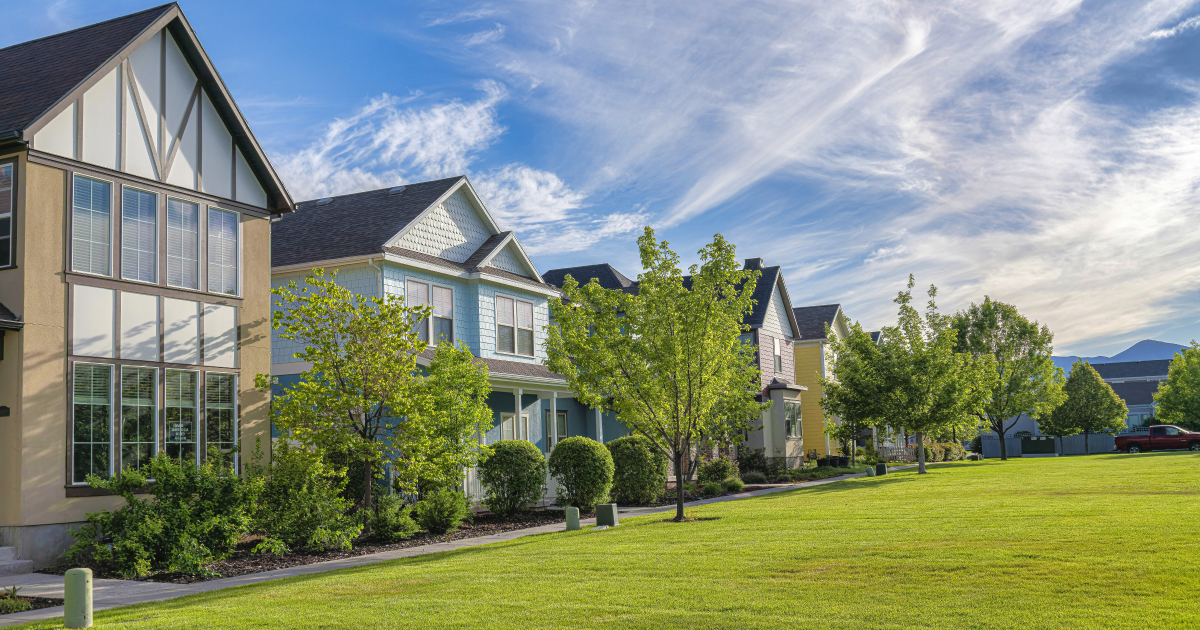Homeowner Associations (HOAs) play a significant role in many residential communities across the United States. Whether you’re considering buying a home in an HOA-governed neighborhood or already live in one, understanding how HOAs work is essential. This article provides a comprehensive overview of HOAs, covering their roles, benefits, potential challenges, and what you need to know as a homeowner. HOA what you need to know below. For more assistance, work with experts through consulting services.
What Is an HOA?
A Homeowner Association (HOA) is an organization within a residential community that creates and enforces rules for the properties and residents. Typically, HOAs exist in planned developments, including subdivisions, condominiums, and townhomes. When you purchase a home in such a community, you automatically become a member of the HOA. As a member, you are required to follow its rules and regulations.
How HOAs Are Structured
HOAs usually operate under the direction of a board of directors, elected by the community members. This board manages the HOA’s affairs, including maintaining common areas, enforcing rules, and overseeing finances. HOAs generate funds through fees paid by homeowners, often referred to as dues or assessments.
HOA Covenants, Conditions, and Restrictions (CC&Rs)
The Covenants, Conditions, and Restrictions (CC&Rs) form the foundation of any HOA. These rules govern various aspects of property use, such as appearance, landscaping, and noise levels. Therefore, it’s crucial to read and understand the CC&Rs before purchasing a home in an HOA community, as they can significantly impact your lifestyle.
Benefits of Living in an HOA Community
Living in an HOA-governed community offers several advantages that enhance the quality of life and property values.
Maintenance of Common Areas
One of the primary benefits of an HOA is the consistent maintenance of common areas. HOAs take responsibility for keeping shared spaces, such as parks, pools, and landscaping, in excellent condition. This ongoing maintenance ensures that these areas remain clean, safe, and aesthetically pleasing, which adds to the overall appeal of the community.
Consistency and Property Values
HOAs enforce uniform standards for property maintenance and appearance, which helps maintain the neighborhood’s aesthetic consistency. As a result, this consistency protects and often enhances property values. Potential buyers tend to prefer well-maintained communities, making it easier and potentially more profitable to sell your home.
Conflict Resolution
HOAs provide a formal mechanism for resolving disputes between neighbors. Whether it’s a disagreement over property boundaries, noise complaints, or other issues, the HOA can step in and mediate. This mediation reduces tension and promotes a harmonious living environment.
Amenities
Many HOA communities offer amenities like swimming pools, fitness centers, tennis courts, and clubhouses. The HOA maintains these amenities, making them available for residents’ use. Access to such amenities can add significant value to your home and lifestyle.
Potential Challenges of HOA Living
While there are many benefits to living in an HOA community, it’s also important to recognize potential challenges. Understanding these challenges can help you make informed decisions.
Fees and Assessments
HOA fees can vary widely depending on the community and its amenities. Although these fees cover essential services, they are an additional cost that homeowners must budget for. Moreover, HOAs can levy special assessments for major projects, such as repairing a community pool or repaving roads. These assessments can be substantial and may come as an unexpected expense.
Restrictions on Property Use
HOAs enforce strict rules about how properties can be used and maintained. For example, restrictions may exist on how you can paint your house, what kind of landscaping you can install, or whether you can rent out your property. While these rules help maintain community standards, they can also limit your freedom to personalize your home.
Enforcement and Fines
HOAs have the authority to enforce rules and impose fines for violations. For instance, failing to maintain your lawn according to HOA standards could result in a fine. Repeated violations may lead to more severe consequences, such as liens on your property. It’s important to understand the HOA’s enforcement process and be prepared to comply with its rules.
Potential for Conflict
While HOAs aim to create harmonious communities, they can sometimes become sources of conflict. Disagreements between homeowners and the HOA board may arise over rule enforcement, fees, or community decisions. In some cases, these conflicts escalate into legal battles, which can be costly and stressful.
What to Consider Before Buying in an HOA Community
If you’re considering buying a home in an HOA community, several factors require careful evaluation.
Review the HOA Documents
Before making a purchase, request a copy of the HOA’s governing documents, including the CC&Rs, bylaws, and rules and regulations. These documents will outline your rights and responsibilities as a homeowner. Pay close attention to any restrictions that could impact your lifestyle or future plans for the property.
Understand the Financial Health of the HOA
It’s important to assess the financial health of the HOA. Review the HOA’s budget, reserve funds, and any recent financial statements. A well-managed HOA should maintain sufficient reserves to cover major repairs and maintenance. If the HOA lacks adequate funding, it could lead to higher fees or special assessments in the future.
Attend an HOA Meeting
If possible, attend an HOA meeting before purchasing a home. This will give you insight into how the board operates and how decisions are made. Additionally, you can gauge the level of community involvement and whether the HOA board is responsive to residents’ concerns.
Consider the Fees and Assessments
HOA fees are a long-term commitment, so it’s essential to factor them into your budget. Ask about the current fees and whether any increases or special assessments are planned. Understanding these costs upfront will help you avoid financial surprises.
Talk to Current Residents
Finally, speak with current residents about their experiences with the HOA. They can provide valuable insights into the community’s atmosphere, the HOA’s management, and any challenges they’ve faced. This firsthand information can be instrumental in your decision-making process.
Conclusion
Homeowner Associations (HOAs) significantly influence many residential communities. They offer benefits like well-maintained common areas, consistent property values, and access to amenities. However, they also come with challenges, such as fees, restrictions, and potential conflicts.
Before buying a home in an HOA community, thoroughly understanding the rules, financial obligations, and overall community atmosphere is essential. By doing so, you can ensure that your experience with the HOA is positive and aligns with your lifestyle and financial goals. HOA what you need to know below. For more assistance, work with experts through consulting services.


